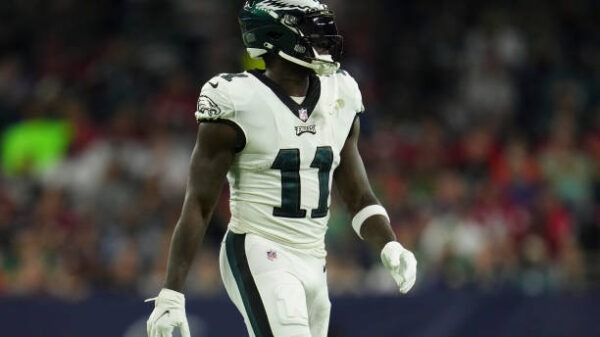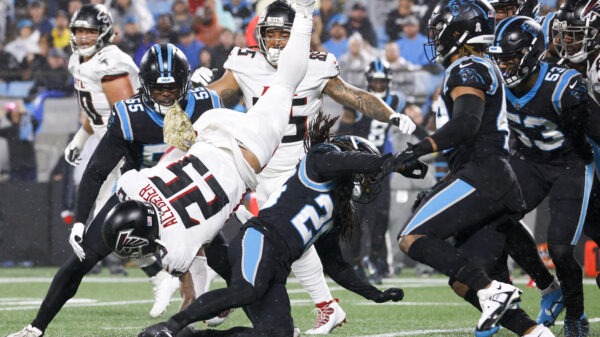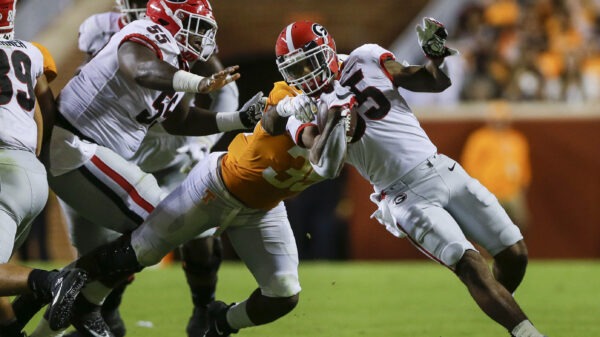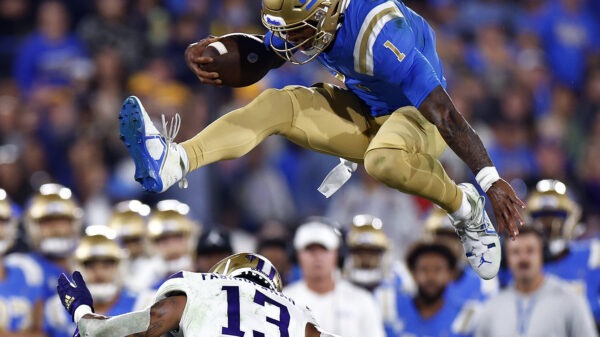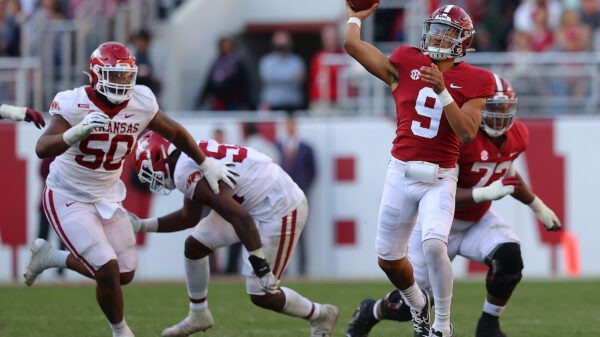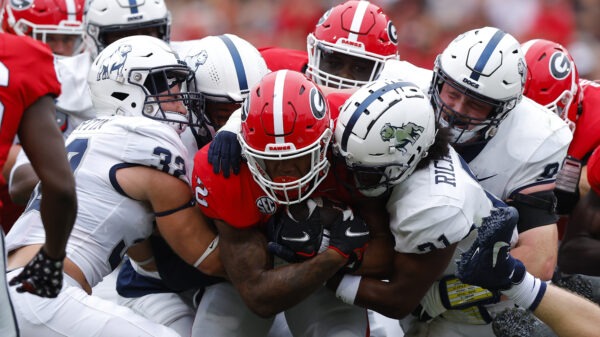
There are the few elite options and then there is everyone else. If this sounds overwhelmingly obvious and simple, good it is meant to be. Before you go any further in selecting your tight end that is a choice you need to make. Is this going to be a week where you pay up at the position for one of the top two or three options or do you keep on scrolling a bit further?
The elite tight ends speak for themselves both in skill and production. But we only have a finite amount of funds under the salary cap to select our quarterback, running backs, and wide receivers so sometimes our choice is made for us. Before making your final decision regarding this though you just need to make sure that based on the price and statistical production expected you aren’t missing an obvious play. In reality this really does hinge on whether or not you feel comfortable with the choices in the rest of your lineup and generating the highest potential point total across all positions.
What are we really looking for then? Once you get past those first few elite options, at least to me, the rest of the tight end position kind of blends together. Five catches for 50 yards and maybe a touchdown seems to be the going rate at the position and we want to secure that production as cheaply as possible. Upside is also very important here but the floor comes into play more than at any other position.
The biggest thing here is to avoid tight ends who are touchdown dependent. When starting your research one of the first factors in consideration is generally production over the past few weeks. Looking just at point totals is not enough as a tight end with five catches for 50 yards in each of the past two weeks is more valuable than one that has three catches for 35 yards and a touchdown over that span. The latter option scored more fantasy points but I’m going to feel more confident in the former. Tight ends are not going to score a touchdown each week and there is a cyclical nature to it. It’s better to chase next week’s touchdown than last week’s.
To score a touchdown though one does need targets. As we previously mentioned a production floor is very important here but a truly positive return on investment is dependent upon a touchdown. Even if a tight end has gone two weeks without a touchdown that doesn’t mean it is a situation to avoid. We need to dig a little deeper and take a look at how they have done historically over a larger sample size but also their red zone targets. I rather a tight end with three red zone targets and no touchdowns than a tight end with one red zone target and one touchdown.
Targets in general are a very important piece of information to have as we want to ensure that our tight end is going to be involved in the passing game. We also want to see those targets turned into consistent production, but there is a higher likelihood of that when they are being targeted often.
As with any other positions opposing defenses do come into play here. Defending the tight end is more of a unit endeavor than just falling on one specific player and some teams are clearly better at it than others. With that being said there are times when this presents a clear opportunity to exploit.
I hope you enjoyed this free look into some of the methods used to pick tight ends for our DFS squads. Come back and see our free picks not only for each position across entire football season but other DFS sports as well. And if you’d like even more of the best of what we do there are full access subscriptions that start at $5 per week.
Additional FootballDFS Resources:
• How To Pick The Right Quarterback Every Week For Your DFS Lineups
• How To Pick The Best Wide Receiver In DFS Football Every Week
• How To Pick a Winning Lineup In a DFS Football GPP Contest
• How To Pick The Right DFS Football Defense Every Weekend
Even More Free Fantasy DFS Resource Articles:
• Understanding DFS Terms and Acronyms
• How To Win DFS GPP Events
• How To Manage Your DFS Bankroll
• How To Pick Winning Head to Head DFS Lineups
• How To Win DFS Cash Games
• How Daily Fantasy Sports Is Different Than Traditional Fantasy Sports


